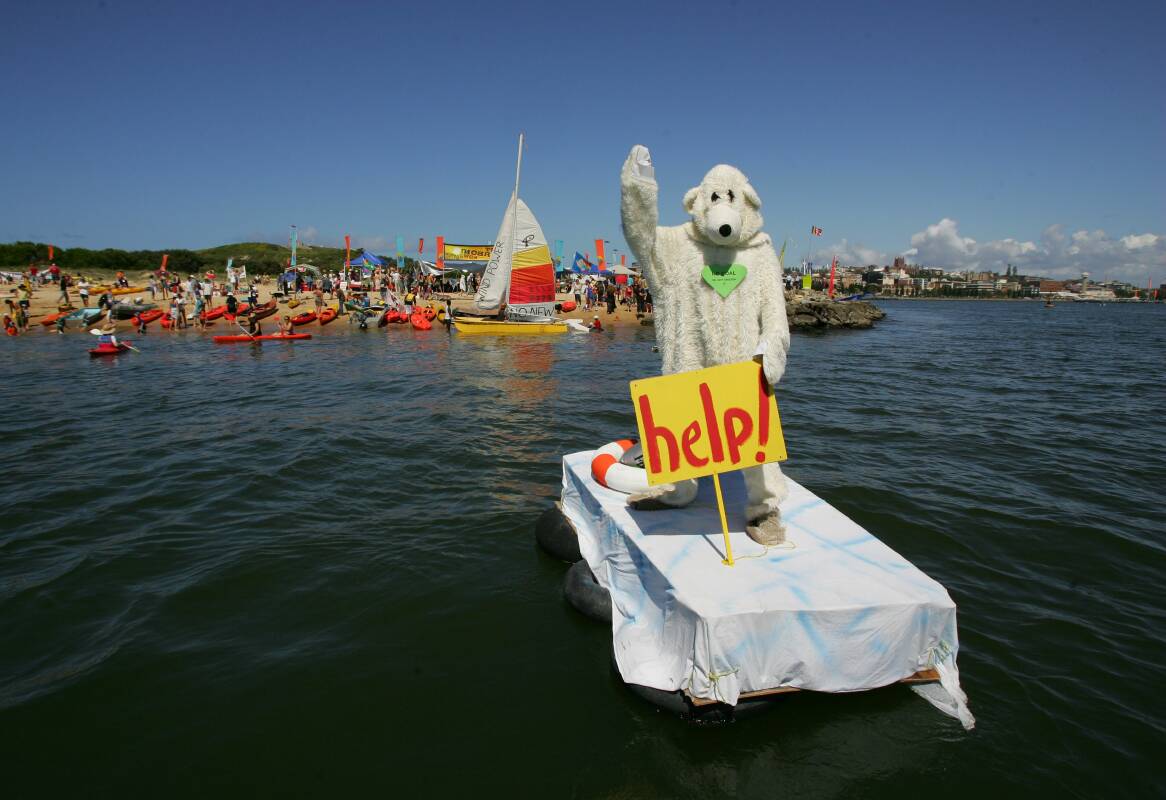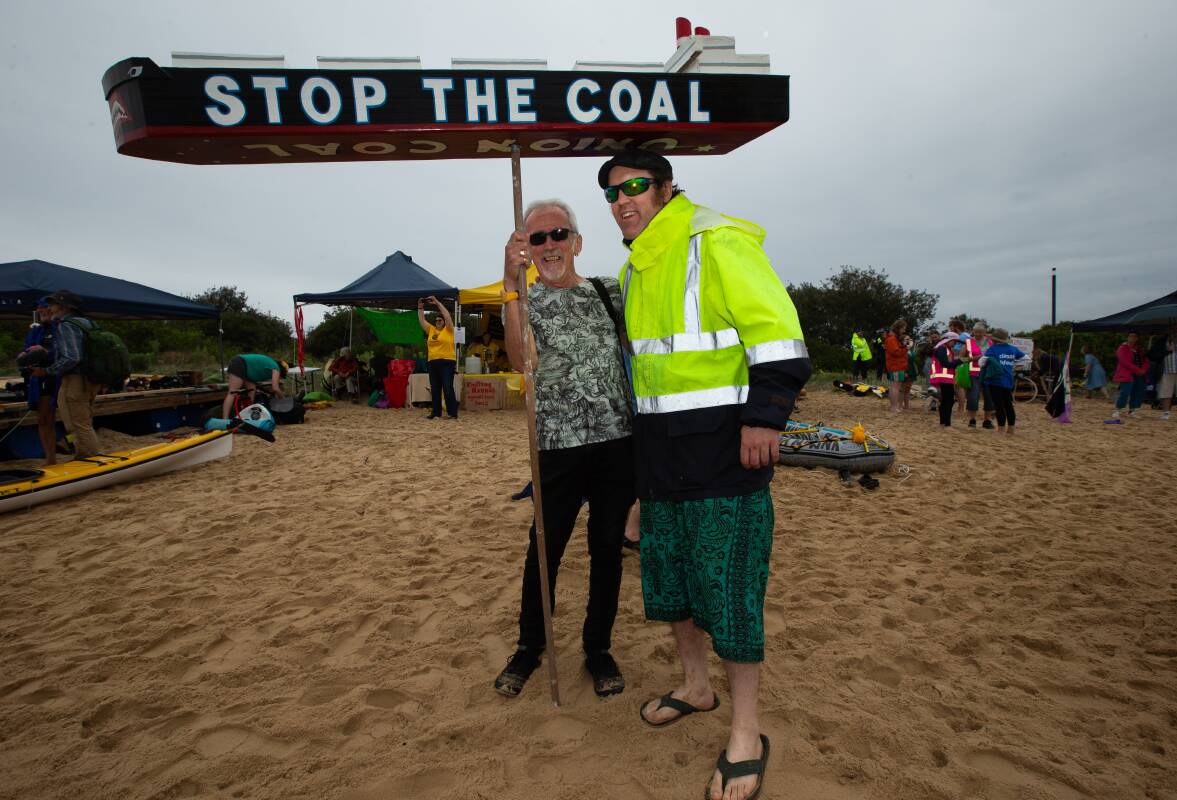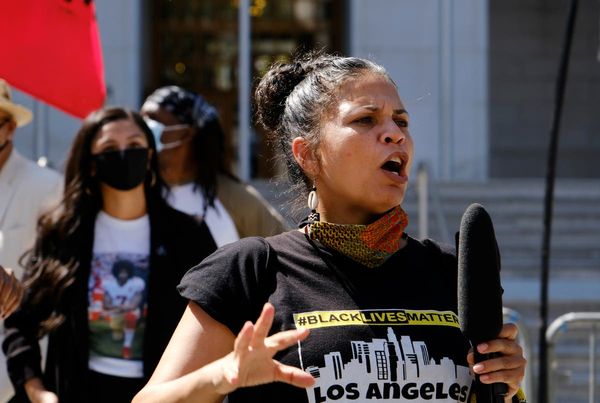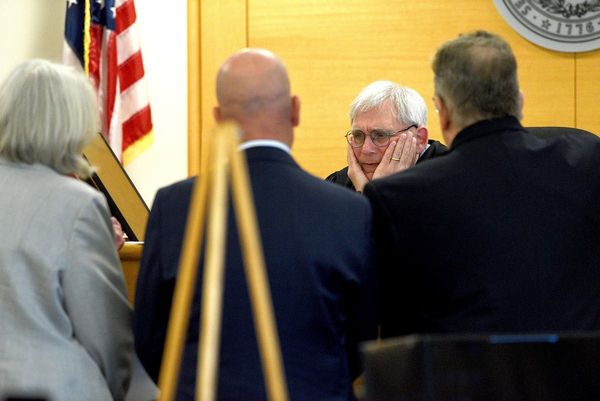
Not to be dramatic, but according to the scientists who track such things, the world is closer to doomsday than it has ever been, and when the big ka-boom does finally happen, it will be all our fault.
Such was the determination of the Bulletin of Atomic Scientists, who have met regularly since 1947 - and annually since 2015 - to reset the Doomsday Clock, a symbolic countdown to human extinction that became a cult symbol of Cold War anxiety in the 20th Century and found new meaning in the 21st as the litany of existential threats faced by humankind diversified.
In their 2024 statement, the Bulletin's board stayed the time at 90 seconds to midnight after it was set a mere handful of seconds to the end in 2023 amid tensions over Russia's condemned invasion of Ukraine and the rogue nation's thinly veiled threats to instigate a nuclear conflict.
The time had been previously set at 100 seconds to midnight in 2020 - the first time in history that catastrophe was considered a matter of symbolic seconds away rather than minutes - and it remained there through the height of the COVID pandemic in 2021 and escalating tensions between the US and China in 2022.
The Doomsday Clock was adopted by the Bulletin of Atomic Scientists at the dawn of the Cold War when artist Martyl Langsdorf, the wife of Manhattan Project physicist Alexander Langsdorf, was commissioned by the magazine's co-editor to design the cover of that year's June edition.
Langsdorf returned with an image of the final quarter segment of a clock face, between 9pm and midnight, with a minute hand set at 11.53pm, which she later said was the time that looked most pleasing to the eye.
While considerations were initially focused on destruction by nuclear means when the time was intermittently reset, the Bulletin now considers a more comprehensive range of modern species-ending threats like war, bio-threats, pandemics and disease outbreaks, disruptive technologies like artificial intelligence, and climate change when they meet to reset the time.
The Bulletin began as a newsletter in 1945, founded by Manhattan Project physicists including Albert Einstein, J. Robert Oppenheimer, and Eugene Rabinowitch, to warn the public of the danger of nuclear weapons and give voice to scientists concerned about their proliferation.
The Clock was reset for the first time in 1949 when the Soviet Union began testing nuclear weapons, and it has since become a symbolic barometer of general cataclysmic threats to the species.

In 2024, the Bulletin considered a slew of global threats, including the ongoing conflict in Ukraine and the deterioration of nuclear arms reduction agreements, more recent tensions flaring in the Middle East and the danger that conflict in Israel and Gaza could escalate, an ever-more pressing climate crisis (2023 was the hottest year on record as greenhouse gas emissions continue to rise) and the rampant rise of artificial intelligence.
"Make no mistake: resetting the Clock at 90 seconds to midnight is not an indication that the world is stable. Quite the opposite," Bulletin president Rachel Bronson said in the magazine's statement.
Science communicator Billy Nye hosted the 2024 determination, saying the warning lights have been flashing for decades.
"For decades, scientists have been warning us of the dangers facing humankind," he said, "We could be facing catastrophe unless we better manage the technologies we've created. It's time to act."

The Doomsday Clock has been both a harbinger of doom and a call to action for policymakers since the height of the Cold War when the threat of mutually assured destruction permeated the culture. But experts have pointed out that, while the dangers it represents are real and pressing, the Clock is neither a formal scientific instrument nor a state device or ritual; it's a metaphor.
Alex Wellerstein, a historian of nuclear technology, said in 2023 that the problems the world and the species face are too big and too complex for any sole organisation to quantify or address; turning back the Clock instead requires collective action on a local and global scale.
"It's just not the case that any organisation or any person, however prestigious, can simply say, 'Hey guys, the world is in a bad place. Could you please fix it?" Dr Wellerstein told culture website Inverse when the Clock was reset last year, "The problems are too big. The world is too complicated."

In November, as protestors blockaded the Newcastle Harbour to disrupt the flow of coal from the world's largest coal port, University of Newcastle climate change researcher Liam Phelan summarised the challenge of the climate alone by describing it as a "wicked problem".
"Wicked problems are characterised by a few things," Dr Phelan said.
"Typically, they're high stakes; there's a lot of money involved, time is really short, and, typically, there's not good agreement around the definition of the problem.
"Climate change is a really good example. One way to describe the problem of climate change is that there's too much CO2 in the atmosphere, especially in the ocean - that is a true statement.
"But we could also say the problem with climate change is the accelerating burning of fossil fuels since the Industrial Revolution. That's also true.
"And then other folks might say, it's really about colonialism and an extractive mentality, a controlling mentality that comes with colonial understanding; thinking of this planet as being for us to use however we want ... Other folks might say it's capitalism."
Dr Phelan said the wickedness of the problem was that various definitions of the issue came with equally varied solutions, which were often resistant to change. Wicked problems typically had global scope and consequence and no unified solution, often inspiring direct action as a response from citizens frustrated by the clash of the immediate danger of the issue and a seeming lack of solution.
"This is what social change looks like," Dr Phelan told the Newcastle Herald on Horseshoe Beach as protestors launched a flotilla of kyaks into the Newcastle shipping channel.
"People think it's expected that women have the right to vote, but [the suffrage movement] started not that long ago, and the way that women got the vote wasn't simply through changes to policy and making the arguments and pleading. It was about actually getting out there, being thrown in jail, and doing civil disobedience. It was the right thing to do, and it was an important thing to do.
"We are at a similar moment here. The scale is similar; it's global ... There is no future for humans on this planet with us continuing to export coal from here."







